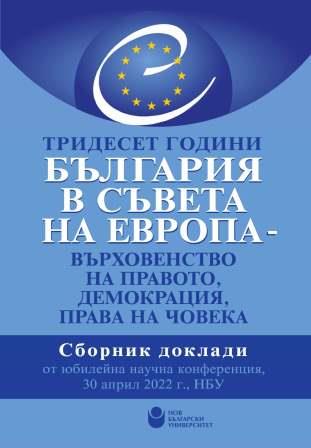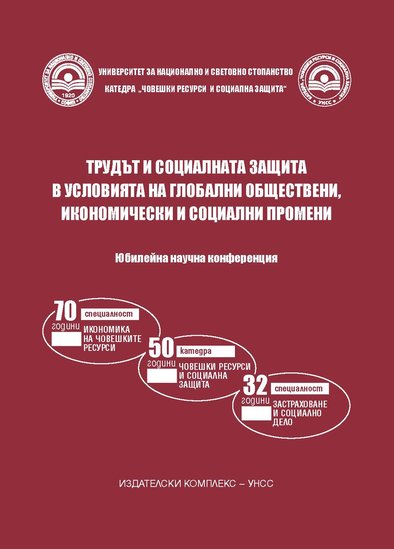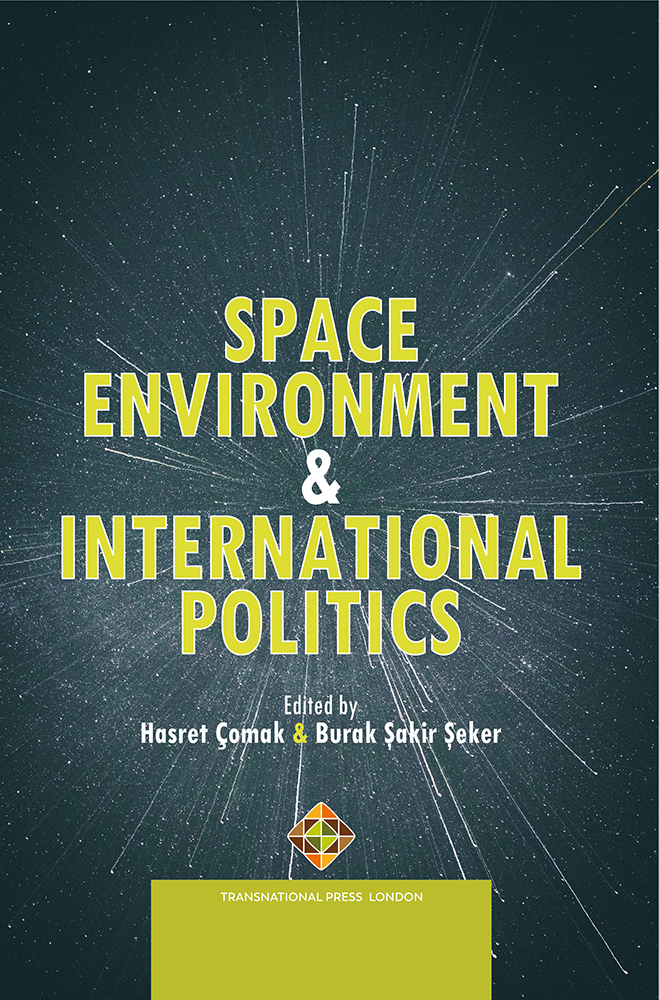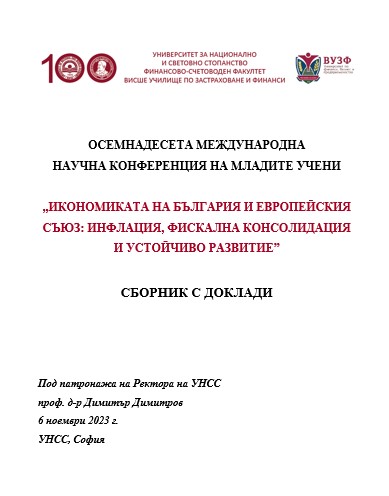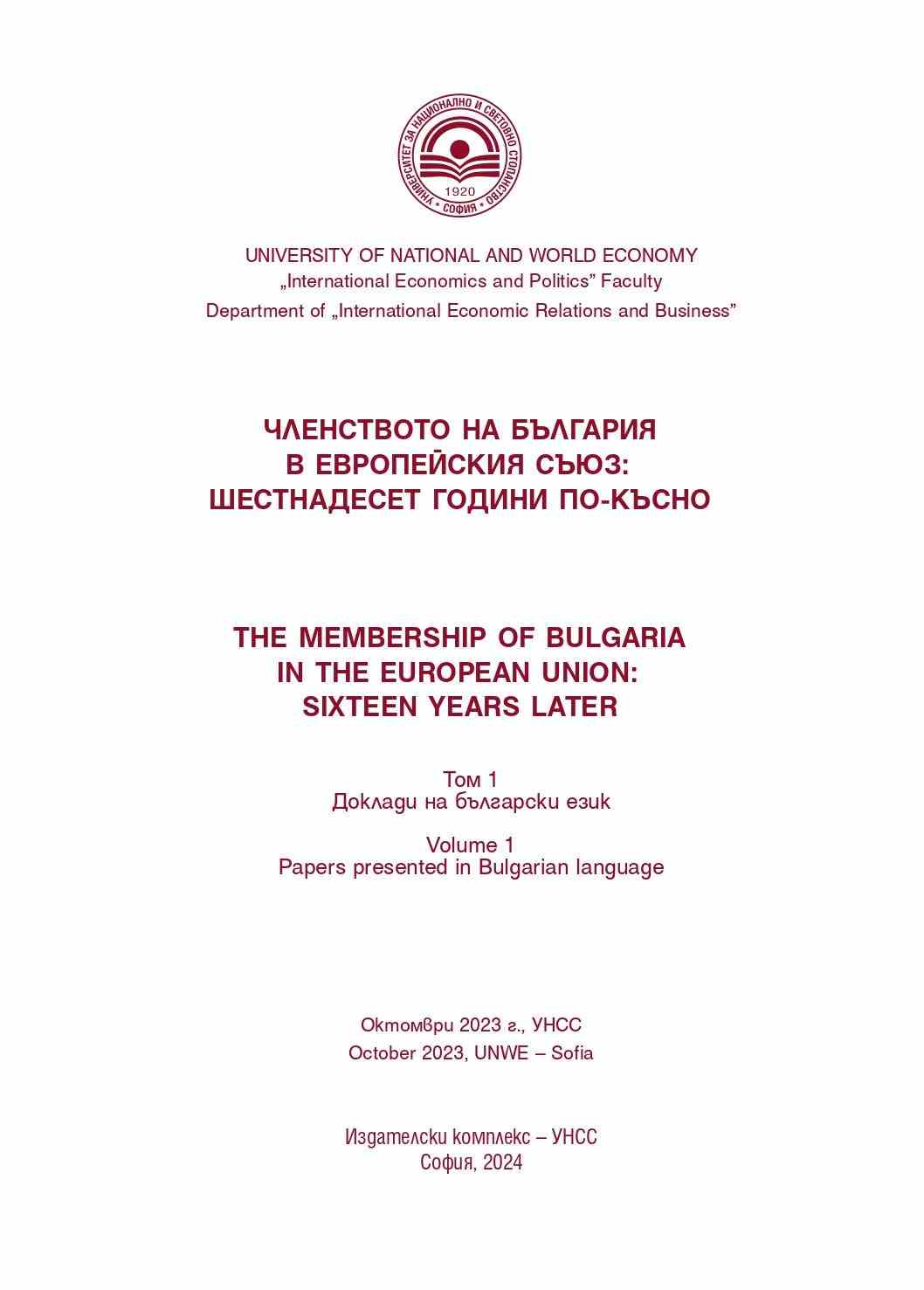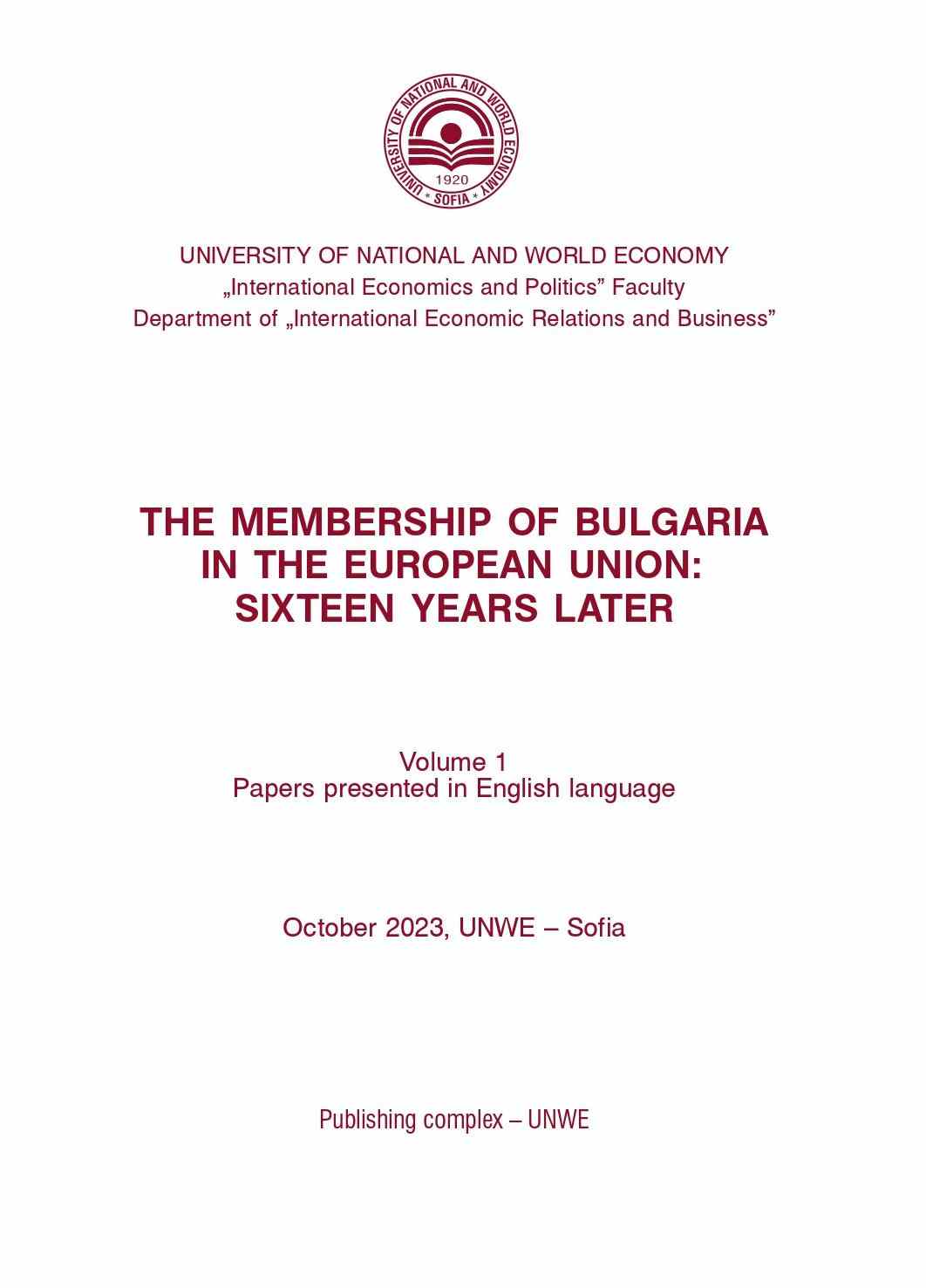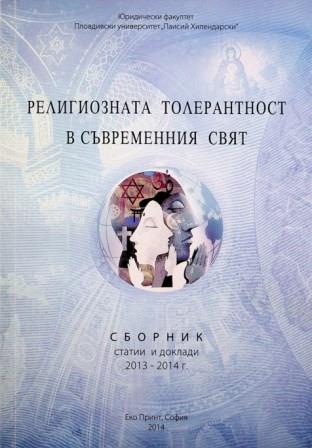
Правна сила на решенията на Конституционния съд, постановени по спорове за конституционност на политически партии, образувани на верска основа
Article 11, paragraph 4 of the Bulgarian Constitution forbids the formation of political parties on ethnic, racial or religious basis. The purpose of this norm is not to allow the formation and the functioning of political parties whose members belong to specific ethnic, racial or religious group and therefore are not accessible to people outside this group. The state organ with the task of monitoring the compliance of the existing political parties with art.11, par.4 of the Constitution, is the Constitutional Court that is competent to rule on challenges concerning the constitutionality of political parties and associations. Constitutional court decisions, including those rendered on disputes on the constitutionality of political parties, formed on religious basis, has formal and material res judicata effect. But when the Constitutional court reviews the constitutionality of a political party it acts not only as a “court of norms” but also as a “court of facts”. So the main question is whether and to what extent art. 21, par. 5 of the Constitutional court act, forbidding the filing of further motions when the Constitutional court has already rendered a decision on the same subject, is applicable to disputes concerning the constitutionality of political parties. According to the author in such cases the res judicata effect comprises only those facts that are present and known to the court at the moment of rendering its decision. Consequently, there is no obstacle to file a motion, based on new facts, that were non-existent at the moment of rendering the previous decision. Otherwise, it would mean that once the constitutionality of a certain political party has been reviewed by the Constitutional court this same party is forever immuned from the threat of being proclaimed unconstitutional.
More...

